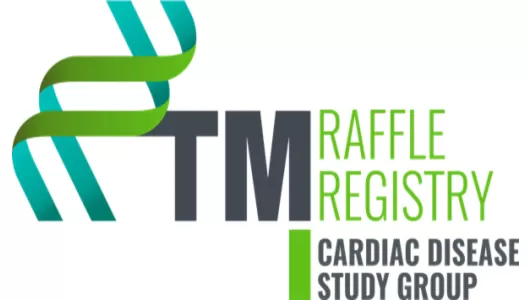
Registry for Atrial Fibrillation and Flutter Patients
Atrial fibrillation (AF) is the most common clinically significant cardiac arrhythmia. It occurs in 1–2% of the general population, more commonly in the elder age (4% in the age group of 60-70 years, and 14% above 80 years), in the presence of cardiovascular risk factors, established heart disease and congestive heart failure. Its prevalence is estimated to at least double in the next 50 years as the population ages.
While AF is usually well treatable and tolerable, it is proved to have significant morbidity and mortality, posing a risk for devastating complication, such as stroke, as well as hearth failure and impaired quality of life.
Management strategies for AF have made many advances over the last decade, introducing and reevaluating pharmacological and non-pharmacological methods for rhythm or rate control and stroke risk management. Evidence based new guideline for management of atrial fibrillation has been introduced by the European Society of Cardiology. Despite guideline-adherent therapy improves outcomes, it may be not or hardly applicable in special cases leaving gaps in evidence. Adherence to guideline also show a heterogeneity among practitioners.
Given the changes in demography, risk factors and therapeutic possibilities, incidence, course and consequences of atrial fibrillation must be reevaluated warranting broad new data collection. Setting up of new registries does not only help to gain information about the burden of the disease, but also about the application of new methods, adherence to guidelines and to identify the challenges hindering their application. As there is a significant heterogeneity in medical and financial possibilities among countries, it is necessary to establish a national register to assess the local circumstances of AF management.
Atrial flutter is an arrhythmia which in spite of the different electrophysiological origin, has very similar consequences and management as atrial fibrillation, guidelines often discuss the two together as well. For this reason data will be collected about atrial flutter as well.
Uploading centres
DEKK Kardiológiai és Szívsebészeti Klinika
PTE KK Szívgyógyászati Klinika
PTE Klinikai Központ I sz. Belgyógyászati Klinika
SZTE ÁOK II. Belgyógyászati Klinika és Kardiológiai Központ